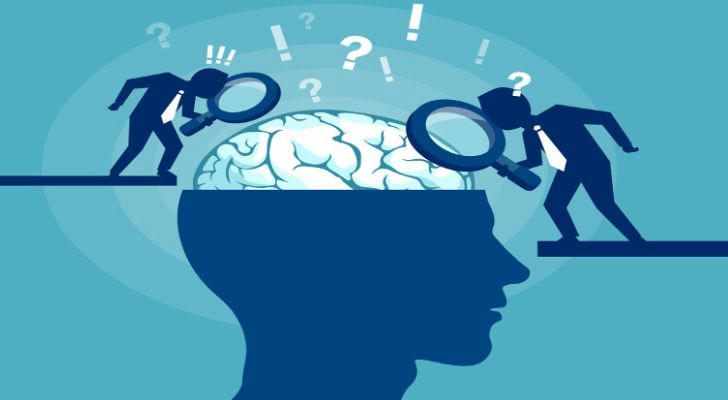Understanding Mental Health 6 Key Facts Everyone Should Know
Mental health is as important as physical health, yet it’s often misunderstood or stigmatized. Around 1 in 4 people worldwide will experience a mental health issue in their lifetime. Here are six key facts everyone should know to better understand and support mental well-being.
1. Mental Health Affects Everyone
Mental health conditions can affect anyone, regardless of age, gender, or background. It’s not a sign of weakness but a medical issue influenced by biology, environment, and life experiences.
Key points:
- Approximately 25% of people experience mental health issues.
- Early intervention can improve outcomes.
- Everyone has mental health that requires care.
2. Common Myths Debunked
Misconceptions create stigma and prevent people from seeking help.
Myth vs. Reality:
Myth: Mental illness means being dangerous.
Reality: Most people with mental illness are not violent.
Myth: Mental illness is a personal failure.
Reality: It is a medical condition like diabetes or asthma.
3. Warning Signs to Recognize
Noticing early symptoms can save lives.
Watch for:
- Persistent sadness or irritability
- Social withdrawal
- Changes in sleep or appetite
- Difficulty concentrating
- Mood swings

4. Treatment Options Work
Effective treatments allow many to manage or recover fully.
Treatment types:
- Psychotherapy (talk therapy)
- Medication
- Lifestyle changes like exercise and sleep
- Support groups
5. Importance of Social Support
Supportive relationships promote healing.
Tips:
- Talk openly about feelings
- Encourage professional help
- Stay connected to community
6. Mental Health in the Workplace
Employers play a key role in supporting mental health.
Effective workplace measures:
- Employee assistance programs
- Flexible work options
- Education to reduce stigma

Final Thoughts
Understanding mental health reduces stigma and encourages help-seeking. Check in on yourself and others—small actions can make a big difference.
